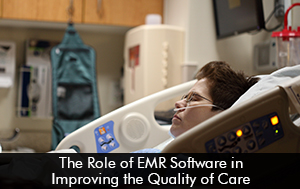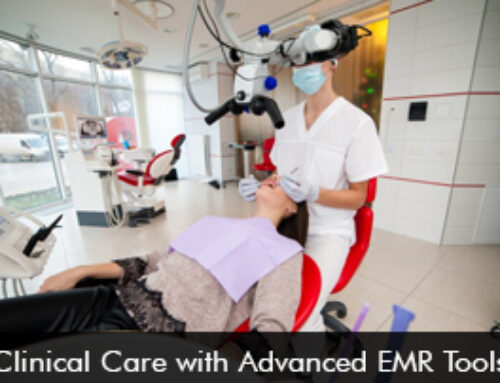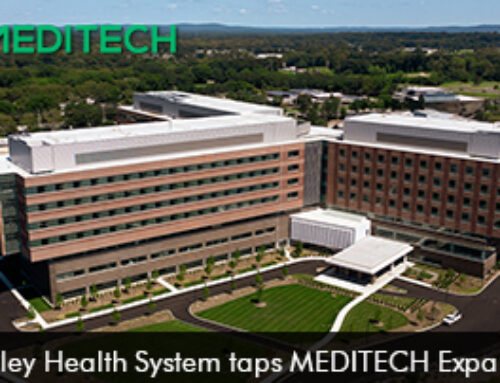With medical knowledge in specific and the expertise of the physicians and clinics in treating medical cases improving with every passing day, it makes all the sense to improve the level of care as a whole and leave the patients more satisfied with the healthcare services they have been given.
Electronic Medical Records (EMR) Software have generally had a positive effect on the quality of healthcare offered by medical practices all around the country and have made the lives of the staff as well as the physicians much easier. Here are a few points explaining the role of EMR Software in the improvement of the healthcare industry as a whole.
Better Flow of Information
Electronic Health Records (EHR) Software provide healthcare providers with information in formats that were not possible with paper charts. Every single person from the primary care providers to the front desk staff is now able to readily access all the clinical and administrative information which has helped them play their part better. Physicians can easily view and print graphs of specific values such as weight, cholesterol levels, and blood pressure, tracking changes over time. EHR Software has also improved the attainment of chronic disease management, prevention, and screening targets, as shown in studies that demonstrated improved quality measures.
Improved Relationships
Patients are now able to better communicate their general queries and treatment-specific questions with their providers and the providers are better able to interact with them via an online Patient Portal. Patient Portals are now an integral part of modern Practice Management (PM) Software and are included in an EMR Software as well. This not only leads to a lesser communication gap between the patients and the providers but also improves the relationship between them and helps practices retain patients.
Another aspect of relationship management is the relationship between physicians across practices. Since the results are better communicated between different specialty practices, there is automatically a stronger relationship between both parties.
Efficient Workflows
The impact of EMR Software on the work routines of doctors has been mostly positive, as demonstrated by physicians’ greatly favorable opinions on EMRs. Although the implementation of an EMR System can lead to a subjective feeling of increased time requirements by physicians, the research has found that the implementation as a whole does not result in a significant decrease in patient access or a loss of billings. Instead, it greatly speeds up processes and removes most of the hurdles in achieving an optimized level of practice workflow.







